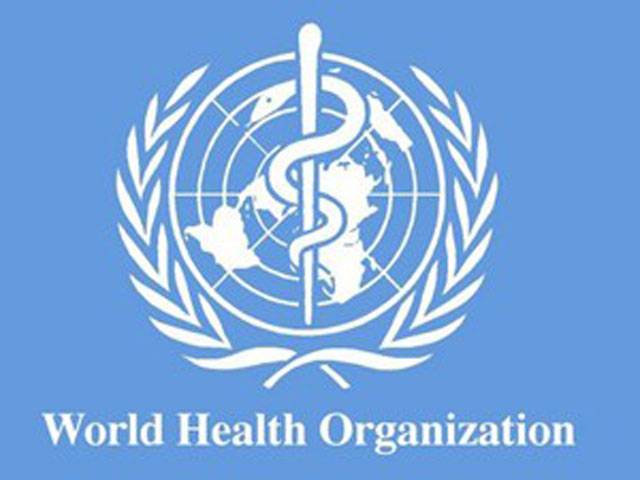ISLAMABAD - The World Health Organisation (WHO) has extended travel restrictions on Pakistan for further three months due to continued international spread of wild poliovirus between Pakistan and Afghanistan, requiring the exporting countries to vaccinate all international travellers before departure.
The global health agency on May 5, 2014 had declared the international spread of poliovirus a Public Health Emergency of International Concern (PHEIC) under the International Health Regulations (IHR 2005), issuing temporary restrictions on Pakistan along with other exporting countries to reduce the international spread of poliovirus.
The WHO IHR Emergency Committee on Polio meets regularly on quarterly basis to review the remaining risk of international spread from infected countries. In its last meeting held on May 12, committee appreciated the progress made both by Afghanistan and Pakistan as last two endemic countries. Efforts for cross-border coordination were also widely appreciated. However, as the complete virus interruption is yet to be achieved, travellers’ vaccination recommendations were extended for further three months. These stay the same as previously and will be reviewed again after three months.
According to restrictions, it is mandatory for all residents and long-term visitors (over 4 weeks) from Pakistan to receive a dose of Oral Polio Vaccine (OPV) or Inactivated Poliovirus Vaccine (IPV) between 4 weeks to 12 months prior to international travel.
The emergency committee on polio in a statement issued on Friday noted that since the declaration of emergency because of international spread of polio in May 2014, strong progress has been made by countries toward interruption of wild poliovirus transmission and implementation of temporary recommendations issued by the WHO. And, there has been a decline in the occurrence of international spread of wild poliovirus, with no international spread in 2015 or thus far in 2016 except between Afghanistan and Pakistan.
However, the Committee noted that the international spread of wild poliovirus has continued, with two new reports of exportations from Pakistan into Afghanistan, one of which had occurred in October 2015 but only recognised recently following a new analysis of genetic data, and the second more recently in February 2016.
These cases occurred in Nangarhar and Kunar Provinces, in the eastern region, adjoining the Pakistan border. While there has been no new exportation from Afghanistan to Pakistan, ongoing transmission particularly in inaccessible parts of the Eastern Region of Afghanistan close to the international border presents an ongoing risk. The new virus in Kunar was closely related to Pakistan viruses circulating at least since June 2014 in the Khyber-Peshawar block. The new Afghan virus in Nangarhar was closely related to Pakistan viruses also circulating during 2015 in the Khyber-Peshawar block.
The hard earned gains of the global polio eradication initiative (GPEI) can be quickly lost if there is reintroduction of poliovirus in settings of disrupted health systems and complex humanitarian emergencies, the committee warned. The large population movements across the Middle East and from Afghanistan and Pakistan create a heightened risk of international spread of polio, it added.
Recognising the movement of people across the border between Pakistan and Afghanistan that continues to facilitate exportation of wild poliovirus, the committee recommended that both countries should further intensify cross border efforts by significantly improving coordination.
at the national, regional and local levels to substantially increase vaccination coverage of travellers crossing the border and of high risk cross border populations.
Pakistan this year has reported 11 cases so far with majority of them from Khyber Pakhtunkhwa and Sindh, a decline of more than 80 percent in cases over the last year.
Polio transmission is not going to U-turn now or tomorrow and revisit what it was one or two years ago, said Dr Michel Thieren, WHO representative in Pakistan. “Transmission will unavoidably stop this year on the momentum created by an unprecedentedly effective and aggressive polio programme,” he added.






